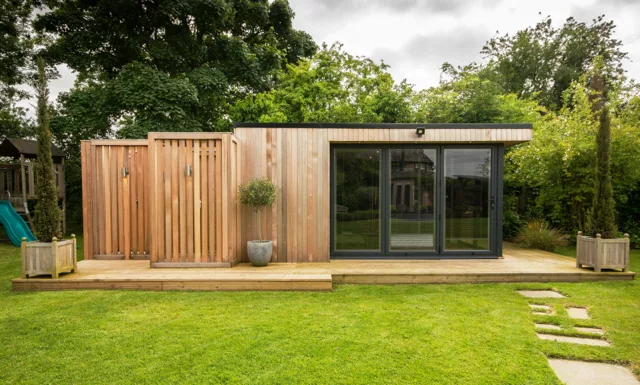Gardening is a rewarding hobby that connects us with nature, provides fresh produce, and beautifies our surroundings. Whether you’re a seasoned gardener or just starting out, understanding the right tools, techniques, and strategies can make all the difference. In this article, we’ll explore various aspects of gardening, from essential tools to soil health, while subtly mentioning a useful tool like the weeder for maintaining a pristine garden.
Essential Gardening Tools for Every Enthusiast
Having the right tools can turn a tedious gardening task into a breeze. Here are some must-have instruments for any gardener.
Hand Trowel and Fork
A hand trowel is indispensable for planting small flowers, herbs, and vegetables. Its narrow blade allows for precise digging, while a hand fork helps loosen soil and remove weeds efficiently.
Pruning Shears
Sharp pruning shears make trimming plants, shrubs, and small branches effortless. Regular pruning encourages healthy growth and prevents disease from spreading.
Garden Gloves
A sturdy pair of gloves protects hands from thorns, sharp edges, and soil-borne irritants. Opt for breathable yet durable materials for comfort during long gardening sessions.
Watering Can or Hose
Proper hydration is key to plant health. A watering can with a fine spout is great for seedlings, while a garden hose with an adjustable nozzle covers larger areas.
Soil Health: The Foundation of a Flourishing Garden
Healthy soil is the backbone of any successful garden. Without nutrient-rich earth, plants struggle to grow, no matter how much care they receive.
Testing Your Soil
Before planting, test your soil’s pH and nutrient levels. Kits are available at garden centers, or you can send samples to a lab. Adjusting pH with lime (for acidic soil) or sulfur (for alkaline soil) can make a big difference.
Composting for Nutrient Boost
Composting kitchen scraps and yard waste creates a natural fertilizer that enriches soil. A mix of green (nitrogen-rich) and brown (carbon-rich) materials ensures balanced decomposition.
Mulching to Retain Moisture
Mulch helps retain soil moisture, suppresses weeds, and regulates temperature. Organic options like wood chips or straw also break down over time, further enriching the soil.
Effective Weed Control Strategies
Weeds compete with plants for nutrients and water, making them a gardener’s nemesis. Keeping them in check ensures your garden thrives.
Manual Weeding Techniques
Pulling weeds by hand is effective for small gardens. For stubborn roots, tools like the weeder make the job easier by reaching deep into the soil.
Using Ground Cover Plants
Planting dense ground covers like clover or creeping thyme can naturally suppress weeds by blocking sunlight they need to grow.
Pre-Emergent Herbicides
For larger infestations, pre-emergent herbicides prevent weed seeds from sprouting. Use them cautiously to avoid harming desirable plants.
Seasonal Gardening Tips for Year-Round Success
Gardening is a year-round activity, with each season requiring different tasks to keep your outdoor space in top shape.
Spring: Preparation and Planting
Spring is ideal for clearing winter debris, amending soil, and starting seeds indoors. Transplant seedlings outdoors after the last frost for a strong growing season.
Summer: Maintenance and Hydration
Regular watering, mulching, and pest control are crucial in summer’s heat. Early morning or late evening watering reduces evaporation.
Fall: Harvest and Soil Prep
Harvest mature crops and plant cool-season vegetables like kale and carrots. Adding compost in fall enriches soil for spring planting.
Winter: Protection and Planning
Protect perennials with mulch and plan next year’s garden layout. Winter is also a great time to sharpen tools and order seeds.
Conclusion
Gardening is a fulfilling activity that rewards patience and effort. By using the right tools, maintaining healthy soil, controlling weeds, and adapting to seasonal changes, you can cultivate a vibrant and productive garden. Whether you’re planting flowers, vegetables, or herbs, these tips will help you create an outdoor space that thrives year after year. Happy gardening!

